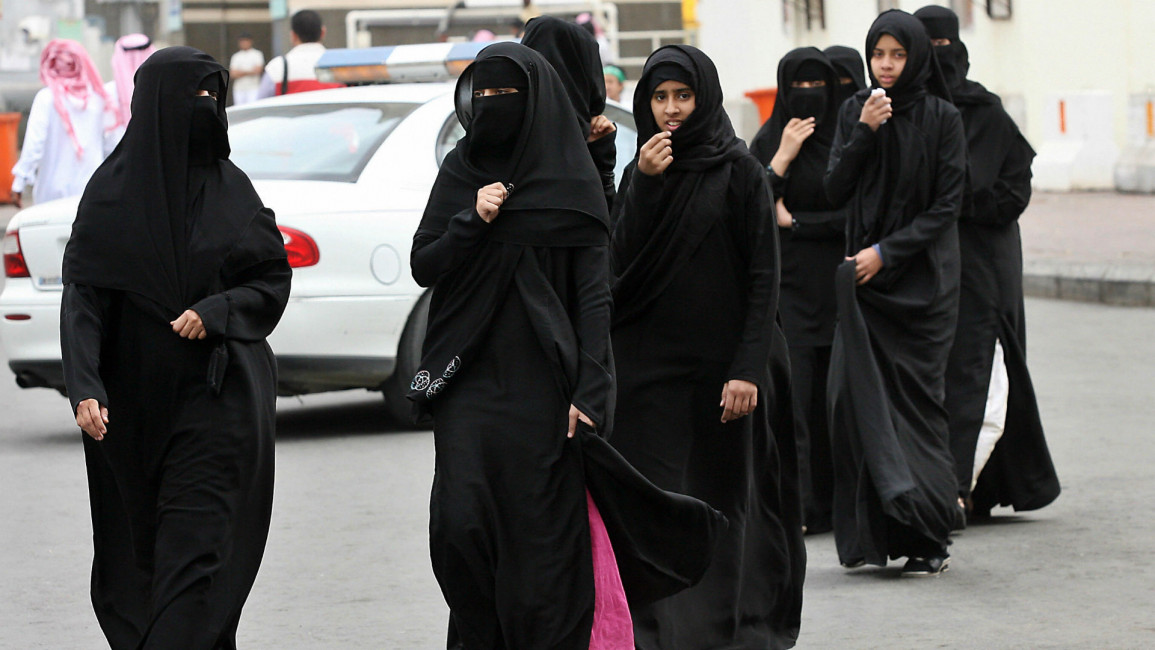Fourth Saudi women's rights activist released from detention
Saudi authorities have released a fourth women's rights advocate following her detention in a sweeping crackdown against activists, a month before the kingdom lifts its ban on women drivers, campaigners said on Friday.
Walaa al-Shubbar, said to be in her 20s, was among at least 11 activists arrested last week, mostly identified by rights groups as veteran women campaigners for the right to drive and to end the conservative country's male guardianship system.
News of her freedom comes after campaigners including Amnesty International confirmed the release of Aisha al-Mana, Hessa al-Sheikh and Madeha al-Ajroush, elderly activists well-known for being part of a group that launched the first Saudi protest movement in 1990 for the right to drive.
There was no immediate comment from Saudi officials and campaigners said the terms of their release are not known.
"We call on Saudi authorities to release all other human rights defenders unconditionally and immediately," said Samah Hadid, Amnesty International's Middle East director of campaigns.
"This wave of repression in Saudi Arabia must end. These arrests are completely unjustified."
Without naming those detained, authorities last week accused the detainees of "suspicious contact with foreign parties", providing financial support to hostile nations and attempting to undermine the kingdom's "security and stability".
The names of the four released activists did not appear in reports of state-backed media that branded the detainees traitors and "agents of embassies".
The detainees include three generations of activists, among them 28-year-old Loujain al-Hathloul, also held in 2014 for more than 70 days for attempting to drive from neighbouring UAE to Saudi Arabia, and Aziza al-Yousef, a retired professor at Riyadh's King Saud University.
The Gulf Centre for Human Rights voiced concern that Hathloul, one of the most outspoken activists, was being held incommunicado, while other campaigners said the detainees had no access to lawyers and their whereabouts were unknown.
The arrests, which have sparked global criticism, have cast a pall over recent social openings being pushed by Crown Prince Mohammed bin Salman, including a historic decision to lift the world's only ban on women driving next month, as he tries to brand himself as a "reformer".
Twitter Post
|


![Minnesota Tim Walz is working to court Muslim voters. [Getty]](/sites/default/files/styles/image_684x385/public/2169747529.jpeg?h=a5f2f23a&itok=b63Wif2V)




![Debris near Rafic Hariri International Airport [Getty]](/sites/default/files/styles/image_330x185/public/2176162423.jpeg?h=a5f2f23a&itok=MCSK9mkM)
![An Israeli air strike on Jabalia killed teenage journalist Hassan Hamad [Screengrab/X]](/sites/default/files/styles/image_212x120/public/2024-10/hassan%20hamad1.jpg?h=c12e0b96&itok=KstD_5xk)
